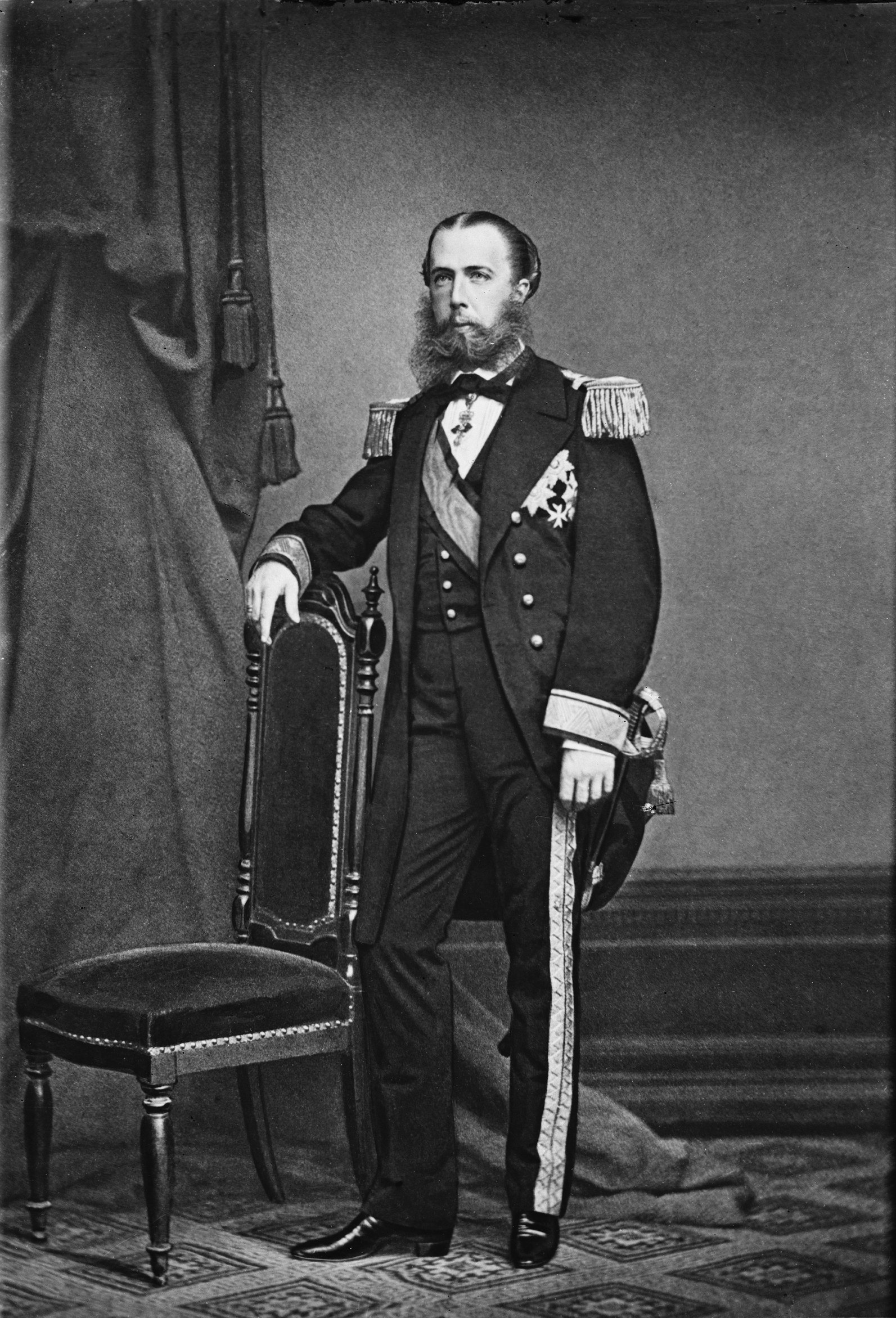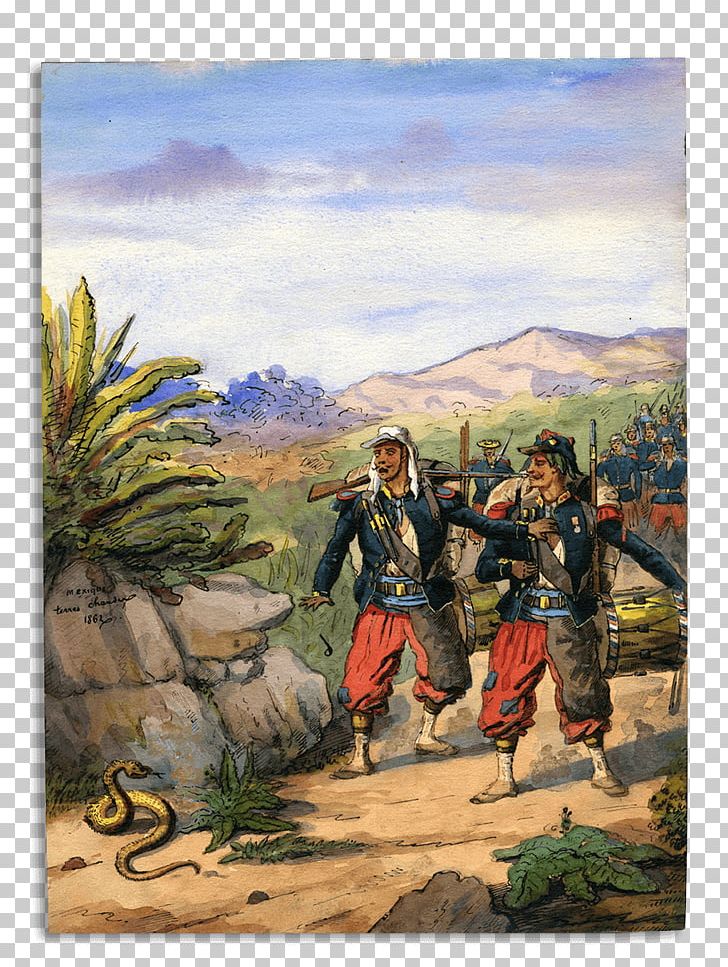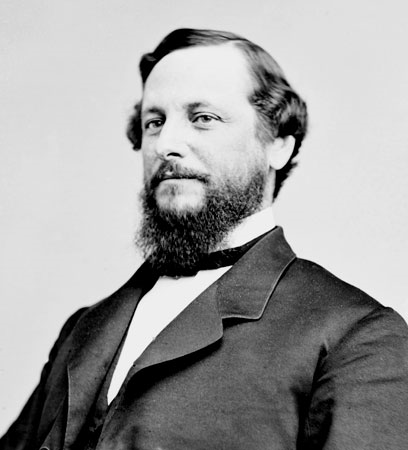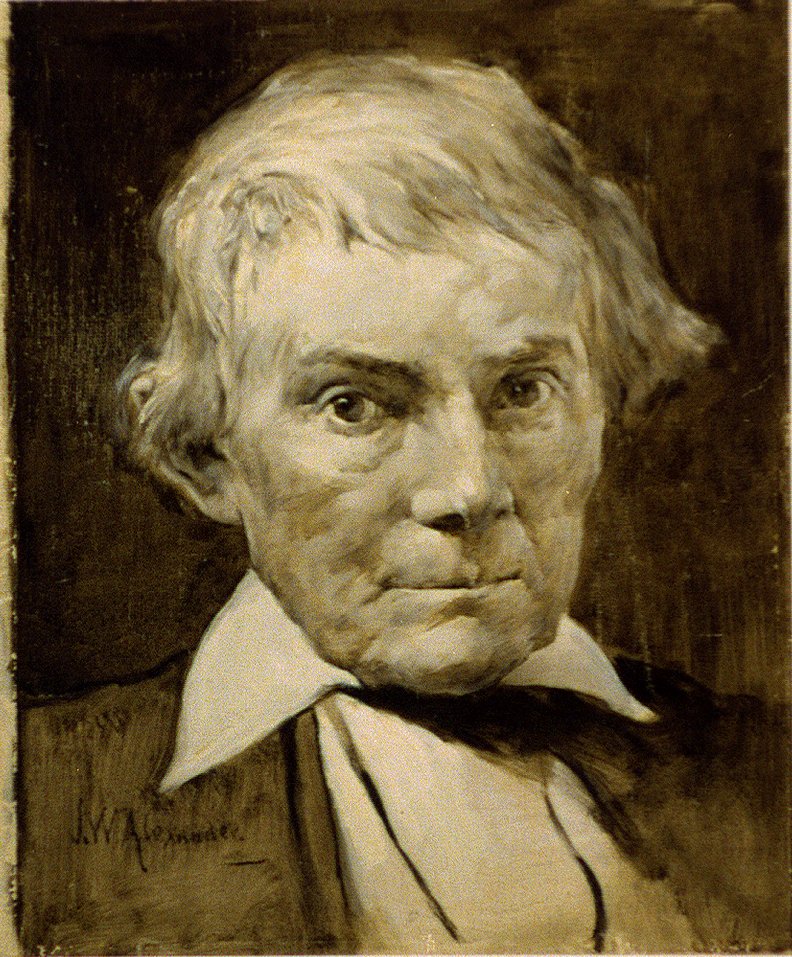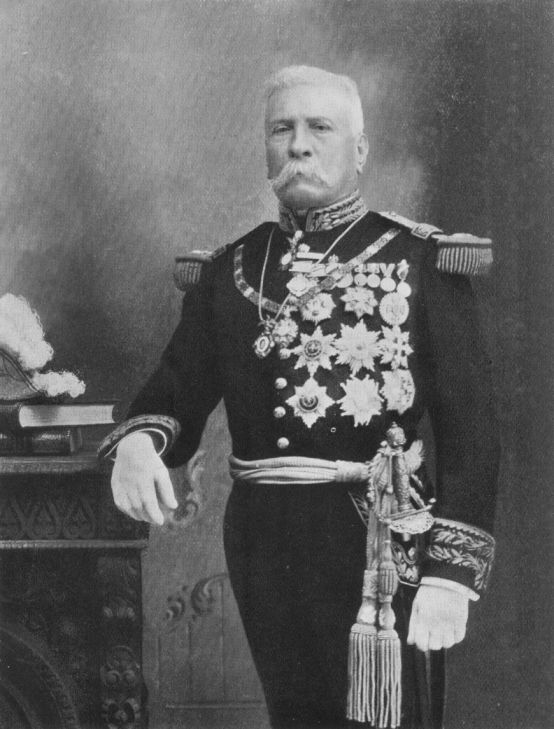Chapter 2: Ambition and Transition
Here I start Chapter 2, this whole chapter will focus on the Confederacy’s desire for their Golden Circle and their transition from an agrarian based economy to an industrial based economy. I would also like to show the situation up North every once in a while in the chapters. As I said, any input you all have is welcomed and will be considered. I wanna make this TL as plausible as possible. This chapter will take place from the year of 1871 to 1880. With that being said enjoy!
Chapter 2: Ambitions and Transitions (1871-1880)
1871
In exchange for Southern cotton, Breckinridge asked for the importation of industrial goods to come into Dixie. Southern historians would later look back and credited Breckinridge for giving the Confederacy the ability to be independent both domestically and militarily. They often rank him as one of the greatest Presidents the Confederacy had. the Upper South were becoming the most profitable states in the Confederacy. In the Deep South, while some industrialization was done, they still held onto their peculiar institution of slaves. Breckinridge would also oversee peace with their Northern neighbors, the Union. Both of their respective Secretary of States would finalize a trade deal between the Americas. They would then form a customs union, with both Presidents negotiating the rate. Both would come to an agreement of a 13% rate. It would be finalized on November 3, 1871. The Union would also prosper under the Seymour administration. The US also began industrializing even more than usual. As they began making more arm factories.

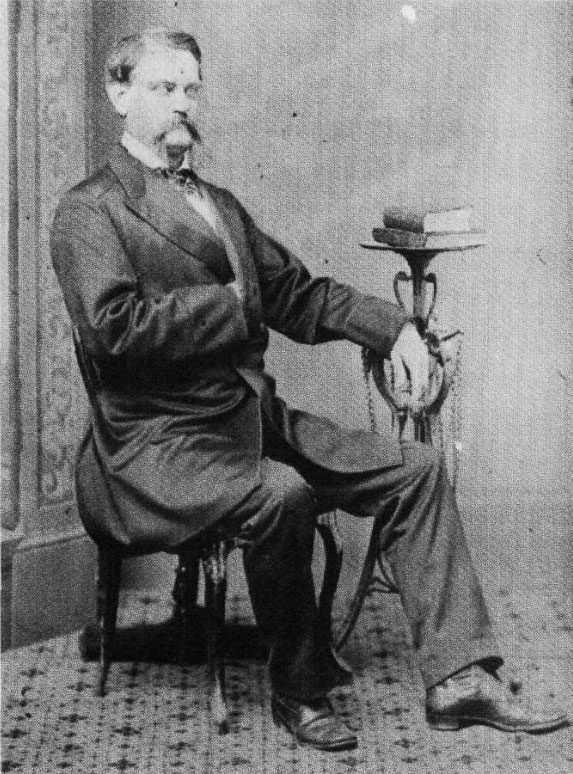
US President Thomas Seymour (top) CS President John Breckinridge (bottom).
Chapter 2: Ambitions and Transitions (1871-1880)
1871
In exchange for Southern cotton, Breckinridge asked for the importation of industrial goods to come into Dixie. Southern historians would later look back and credited Breckinridge for giving the Confederacy the ability to be independent both domestically and militarily. They often rank him as one of the greatest Presidents the Confederacy had. the Upper South were becoming the most profitable states in the Confederacy. In the Deep South, while some industrialization was done, they still held onto their peculiar institution of slaves. Breckinridge would also oversee peace with their Northern neighbors, the Union. Both of their respective Secretary of States would finalize a trade deal between the Americas. They would then form a customs union, with both Presidents negotiating the rate. Both would come to an agreement of a 13% rate. It would be finalized on November 3, 1871. The Union would also prosper under the Seymour administration. The US also began industrializing even more than usual. As they began making more arm factories.


US President Thomas Seymour (top) CS President John Breckinridge (bottom).
Last edited:
